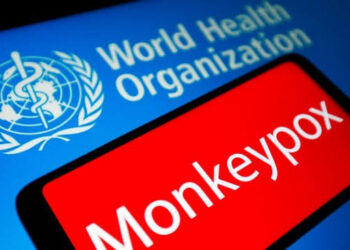The World Health Organization (WHO) has announced that Africa’s Ivory Coast has recorded its initial cases of mpox Clade 2. This marks a significant milestone in the ongoing global outbreak of the viral disease, which has been spreading rapidly since 2022.
The revelation comes as a surprise, considering Ivory Coast’s previous status as a mpox-free zone. However, the WHO has cautioned against complacency, emphasizing that the virus’s unpredictable nature makes it difficult to predict where it might strike next.

The detection of mpox Clade 2 in Ivory Coast is particularly noteworthy because it represents a new frontier for the virus’s expansion. While cases of mpox Clade 1 have been reported in various parts of the world, Clade 2 has been less prevalent. The appearance of this variant in Ivory Coast raises concerns about its potential to spread further and infect vulnerable populations, with countries in Africa in fear of this viral disease.
In response to the outbreak, the WHO has urged countries in the region to strengthen their surveillance systems and implement measures to prevent the transmission of mpox. This includes promoting vaccination, improving healthcare access, and raising awareness about the disease’s symptoms and prevention strategies.
The outbreak of mpox in Ivory Coast could have important economic implications for the country, which is a major supplier in the global cocoa market. If the virus spreads widely, it could disrupt agricultural production and trade, leading to a decline in exports and economic growth.
As the virus continues to evolve, it is imperative that countries around the world remain vigilant and prepared to respond to new challenges.

















